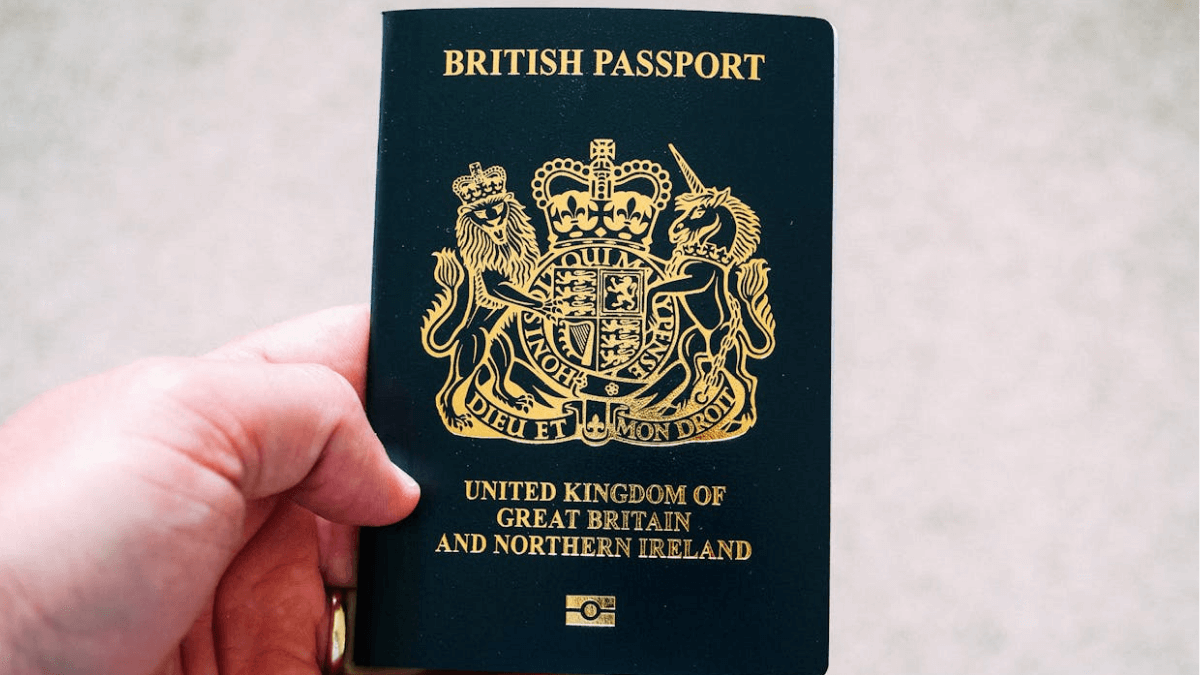How to Access Immigration Support in the UK: Legal Options Explained

Immigrating to a new country is an important decision in life that is often filled with hope, opportunity and a little bit of complexity.
The UK, as a sought-after destination offers a range of legal pathways for immigrants. However navigating the immigration system can be overwhelming without the right guidance.
If you’re looking to understand your rights, explore your options, or even simply get the help you need, this guide will walk you through how to access immigration support in the UK effectively and lawfully.
Whether you’re applying for a visa, seeking asylum, reuniting with family, or aiming for permanent residence, understanding the support landscape is crucial.
Let us look at the several legal choices accessible and how to get reliable help every step of the road.
Understanding the UK Immigration System
The UK’s immigration framework is governed by a combination of statutes, rules, and evolving government policies.
Currently, it is organized according to a points-based system that was put in place following Brexit.
This system is applicable to the majority of migrants, including students, skilled workers, and even family members too.
Key categories include:
- Skilled Worker Visas (e.g., healthcare, engineering, IT professionals)
- Student Visas (Tier 4)
- Family Visas (spouse, child, or parent)
- Asylum and Refugee Applications
- Settlement/Indefinite Leave to Remain
- British Citizenship Applications
The complexity of documentation, eligibility criteria, and frequent updates in policies makes professional immigration support not just helpful but often essential.
When and Why You Need Immigration Support
There a lot of situations where seeking immigration support will be required:
- Visa Denial or Delays: A specialist can help you appeal or reapply successfully.
- Status Regularization: If you’re living in the UK without valid immigration status.
- Complex Cases: Such as human rights claims or asylum applications.
- Family Reunification: Navigating the legal processes of bringing family to the UK.
- Work Permit Issues: Ensuring sponsorship compliance and job eligibility.
Early intervention with the right help can save time, lower stress and stop mistakes that could cost a lot in court.
Also Read: Top 5 Free Legal Support Services in the UK
Types of Immigration Support Available
1. Legal Aid and Charitable Organizations
Legal aid is government funding that helps people who can’t afford legal representation. It’s only available for certain immigration cases, such as:
- Asylum claims
- Detention and bail
- Domestic abuse-related immigration cases
- Victims of human trafficking
You can check your eligibility via the gov.uk Legal Aid Checker.
Trusted charitable organizations offering free or low-cost support include:
- Refugee Council
- Citizens Advice
- The Joint Council for the Welfare of Immigrants (JCWI)
- Migrant Help
- Asylum Aid
These groups often provide multilingual assistance, help with filling forms and also connecting with lawyers.
2. Immigration Solicitors and Law Firms
If your immigration case is complex or you do not qualify for public legal aid then you may need to hire a private counsel. An good legal business will
- Offer tailored legal advice
- Represent you at tribunals
- Assist with appeals and visa applications
- Help gather and prepare documents
When choosing a solicitor, ensure they are accredited by the Office of the Immigration Services Commissioner (OISC) or are regulated by the Solicitors Regulation Authority (SRA).
For locating the qualified experts you should definitely use the OISC advisor search feature.
3. Immigration Advice Services Online
Several online platforms provide affordable and verified support:
- LegalShield
- IAS (Immigration Advice Service)
- Reed.co.uk Legal Services
- Freemovement.org – offers articles, toolkits, and community forums
These services often include virtual consultations and document review without requiring in-person meetings.
How to Choose the Right Immigration Support
Making the right choice depends on your situation, budget, and the complexity of your case.
Consider These Steps:
- Determine Your Needs: Are you applying for a visa, appealing a decision, or needing asylum support?
- Check Credentials: Make sure the adviser is OISC-registered or SRA-regulated.
- Ask for Transparent Pricing: Especially with private solicitors, clarify consultation fees and total costs.
- Seek Reviews or Recommendations: Use forums, community groups, or trusted websites.
- Beware of Scams: Avoid unregulated advisers who promise guaranteed outcomes or charge exorbitant upfront fees.
What Documents You May Need
While requirements vary based on visa types or legal status, some commonly requested documents include:
- Valid passport or travel documents
- Proof of legal entry or visa
- Employment details or sponsor letter (if applicable)
- Proof of income and accommodation
- Relationship evidence for family-based applications
- English language test results (where required)
Making sure your paperwork is correct and full will greatly increase your chances of success.
Timeline and Processing Tips
Immigration applications in the UK can take anywhere from a few weeks to several months. Here’s how to manage the process:
- Start Early: Especially for work and student visas before academic or job start dates.
- Track Updates: Use the UKVI (UK Visas and Immigration) online portal to check the status.
- Follow Up: If you haven’t received a decision within the published timeframe, reach out through official contact channels or your solicitor.
- Stay Informed: Rules can change quickly. Reliable sources include:
- GOV.UK Immigration and Visas
- Migration Observatory at Oxford
Costs Involved and Financial Aid Options
Applying for visas or legal status in the UK often involves fees. Here’s an outline:
Immigration Health Surcharge (IHS) also applies to most visas and costs around £1035/year for adults.
Support Options:
- Fee waiver schemes (for low-income applicants)
- Interest-free installment plans (for IHS)
- Free legal clinics at local councils or universities
Also Read: Free Legal Aid UK- How To Access It And Who Qualifies for Support
Immigration Support in the UK: Legal Framework Explained
The Immigration and Asylum Act 1999 is how the UK government regulates immigration advisers to make sure they give good help and protect people who are weak.
Under this law:
- Only OISC-authorized individuals or exempt professionals (like solicitors or barristers) can legally provide immigration advice.
- Offering immigration advice without authorization is a criminal offense.
This framework makes sure that people in the UK who need help with immigration get services that are ethical, skilled and legal.
Common Mistakes to Avoid in Immigration Applications
Avoid these pitfalls by seeking qualified support:
- Submitting incomplete forms
- Using outdated or incorrect documentation
- Missing application deadlines
- Relying on non-authorized agents
- Failing to disclose prior visa refusals
When the consequences could be rejection, deportation or not being able to come back, these mistakes can cost a lot.
Conclusion: Accessing the Right Immigration Support in the UK
Anyone in the UK who has to deal with immigration should know where to find help, whether they are a family member, student, worker, or refugee.
Legal paths that you can trust, free services and licensed advisors are all available to help you in almost any situation.
Spend some time thinking about what you need, looking into your options, and talking to qualified professionals.
It might look like a complicated maze of government forms, but with the right help, the process of moving to the UK to live and work can go smoothly and quickly.







